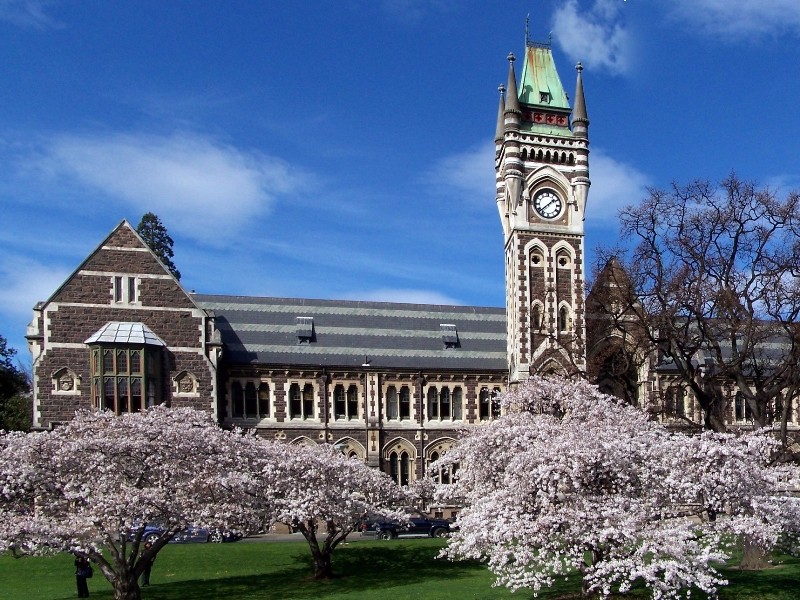The degree Read more [...]
Science in Society
Course Category: Master and Master of Arts
-
Focus of Study
This is New Zealand’s first dedicated University-based course in Science in Society and one of only two in the world that covers science communication in such a comprehensive fashion.
During this unique two-year course you’ll do the following:
- Produce an original work of science communication – from audio or video media, educational resources, museum installations, to primary research… and more!
- Research the background and theory behind your piece of work and write a Masters thesis.
- Learn elements of design and how to craft stories.
- Develop an understanding of what makes written and visual communication effective.
- Learn how to communicate creatively in the digital realm.
- Facilitate dialogue/debate, popularization and/or contextualization of scientific issues.
- Explore the interface between science and society by researching public attitudes to science or different forms of communication.
We live in a world dominated by science and technology, but a world in which people are increasingly isolated from it. Science grows ever more specialized, yet, if we are to understand the changes we see in the world’s environment and be part of the drive for a more sustainable future, science must speak in a language that is understandable, compelling and inclusive. That’s what Popularizing Science is all about: Seeking better ways.
Course Description
The University of Otago’s MSciComm is a two-year full-time programme. This course in Science Communication is endorsed in the general area of Science in Society (i.e. as compared to the specialized areas of filmmaking or writing) and is restricted to a maximum of 12 students each year. In it, you may write, and you may make videos, but you definitely will explore a bit of all worlds and maybe make up some new ones on the way. Science in Society is an embodiment of crossovers between the arts and sciences.
First Year of the Programme
The first year of the programme consists of five papers. Like the other flavours of the degree, the primary focus is on storytelling. But this is really a course that is looking to the future: The traditional means of communicating (through print, film, video and the like) are evolving fast; possibilities of the digital world are endless. But old media are also in resurgence. So the canvas of this course is big and explores new methods and perspectives in science communication.
The required papers are:
- SCOM 402 The craft of storytelling
- SCOM 406 Communicating Science
- SCOM 413 Digital Production for Communicating Science
- SCOM 495 Thesis Preparation and Proposal – Development of a film and thesis proposal
Two papers are required from:
- SCOM 403 Science and Creative Nonfiction Writing
- SCOM 404 Internship
- SCOM 408 Critical & Creative Thinking in Science Communication
Second Year of the Programme
It’s crucial that we are not simply observers of communication practice – we must be practitioners too, exploring new methods for communicating science. We must query best practice. We must be as inventive as…well…scientists. And, in the process, we expect you to come up with some marvelous new ways of engaging people with science. It could be a website, a neon display, an interactive game, a Second Life, a fourth dimension: the possibilities are only limited by your imagination – which is what this course aims to set free.

